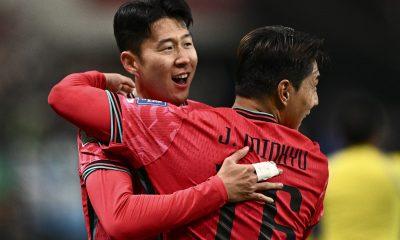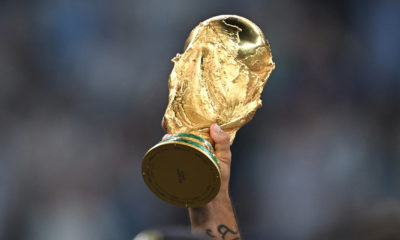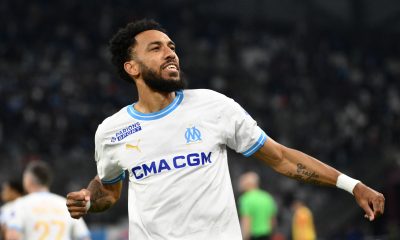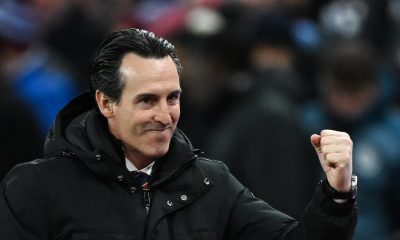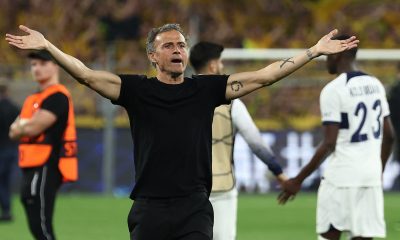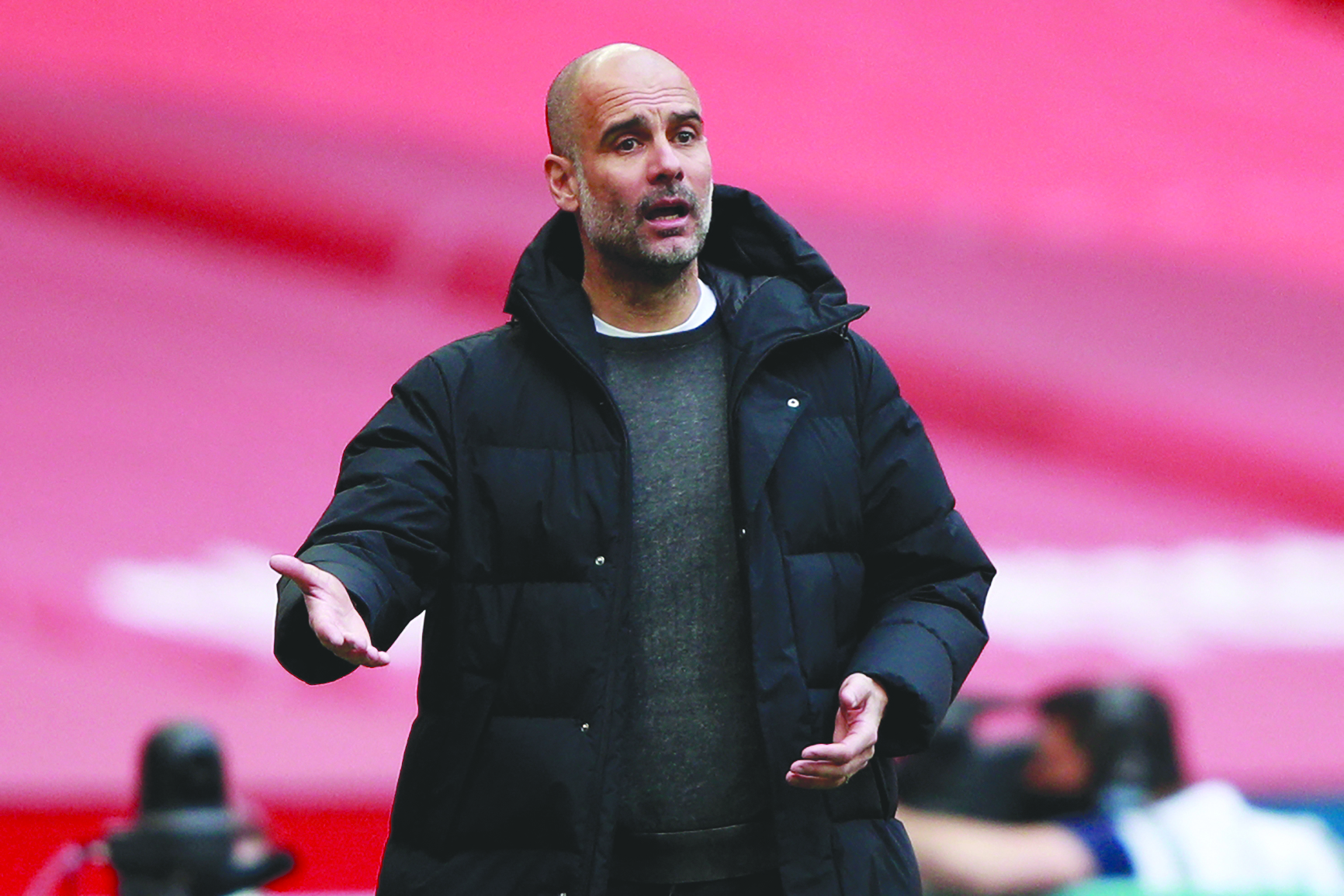
I remember a lot from Pep Guardiola.
“In important matches,” he said to me, “I just pick my best eleven”. You have to listen carefully, the sentence contains the core of what football is about: individual quality. Guardiola is a top coach, he loves the skills and talent of his players.
Some coaches seek to reduce the complexity of football. Guardiola, though, wants to master it. One can compare his task with a chess grandmaster or with an orchestra director who gets the best out of each instrument.
The only thing is that a football ensemble does not play according to given musical notes, and the paths of a footballer are more variable than those followed by the rook and the knight. It isn’t all that easy to recognise what someone is doing and can do on the pitch.
It’s also hard to describe.
A great coach quickly knows who can do what and who his central player will be. He then communicates to each player their strengths and their weaknesses, along with those of the others. He adjusts the assignment and role of each individual player every single day.
Guardiola does this with a passion that I have never experienced in any other. Until everyone, even those who don’t get playing time, know that the trainer is right. And that grants him absolute authority.
A team needs help, especially during matches. Guardiola actively coaches, so he wins it over. Leaders like Kevin de Bruyne take his influence on, and his ideas pass from them to the other players.
He has also made defender Kyle Walker, not a typical Pep player in terms of his disposition, better and better. Guardiola proves to be loyal to everyone, he gives everyone security.
Ilkay Gündogan is a Pep player through and through, always understanding his team’s current situation. He always behaves correctly, his runs are perfect in offence and defence.
Gündogan knows when to keep the ball in his own ranks – and when the time has come to push into the penalty area. That is a skillful risk management. He often knows where action will end. That’s why he suddenly scores goals.
Guardiola needs such players. Gündogan, on the other hand, particularly benefits from his trainer because he internalises and enjoys the piece that is created under Guardiola.
This creates a unit. Guardiola teams can be recognised immediately, even if the TV pictures were black and white shots: running free, the sequence of the passes, the positioning in the box, the dribblings, the way his team carries the ball forward together and pushes the play entirely into the other half.
It’s not something a coach can simply achieve by issuing orders in the locker room. You have to work hard to achieve such superiority every day.
When he started in Manchester in 2016, he rebuilt the squad.
Following a third-place finish, the team won two championships and a second place. Now, he is again on top, and on the verge of another title. His team never falls below a certain level, so he minimises coincidence in 38 games.
For English clubs, the championship is the decisive competition anyway, and that is where the flow of money is broadest. The competition is stiff.
Of the eleven clubs in the world with the largest turnover, more than half come from England.
The best six to eight teams each have at least three or four players of exceptional quality. This concentration is unique. In the past decade, five different clubs won the championship. Only Guardiola’s City managed to defend it once, in 2019. He also won five out of ten cup trophies.
To win the Champions League, however, you need luck in the draw and in the knockout games. From the last 16 or quarter-finals, the ten big clubs in Europe are usually among themselves.
If not all top players are fit in April and May, it will be difficult. Highly talented players are also very important.
At his first stop in Barcelona, Guardiola had four to five of these calibre, which were regularly elected to the World XI.
In Manchester he doesn’t have that, despite high investments. As Guardiola once stated, wonder kids like Kylian Mbappé and Neymar still prefer metropolis like London and Paris or clubs with a glorious history. Measured by the squad, City is not the favourite. Especially since Sergio Agüero, his player with the special talent, is due to injuries not at full strength anymore.
If you have Guardiola’s high phase in Spain in mind, you will see that he is adapting. Barca were a well-composed team, where almost anyone could play any instrument.
When they won titles in 2009 and 2011, they suffocated the opponents. This style was possible because the entire club follows Johan Cruyff’s idea of total football. Guardiola sees himself in this tradition, he would like to pick eleven Iniestas.
Elsewhere he made compromises of his idealism. In Munich he let the specialists Franck Ribéry and Arjen Robben act on the flank, instead the two full-backs moved into the centre when the team controlled the ball.
In the evenly balanced Premier League, Guardiola wouldn’t be able to achieve the same level of dominance he had with Barcelona and Bayern Munich. City now plays a more defensive style, relying on athletic defenders with a presence in the air.
The team sometimes gives the ball, withdraws, defends in the penalty area, breathes, waits for the counter-attack. He has also learned to appreciate simple goals from corners or from long-range shots. He isn’t just adapt at the ultra-attacking Tiki Taka.
Rather, Guardiola develops his players’ abilities on both sides of the ball – he thinks both offensively and defensively for each of his players. I was an attacking defender so maybe that’s why we get along so well.
Under his direction, Manchester City’s defenders organise the defence more precisely. Even Jérôme Boateng has said that Guardiola taught him pivotal lessons. We players at Bayern have benefited from coach Guardiola individually, but also as a collective.
That is not a contradiction.
With Guardiola, everyone has to contribute in the interests of the whole. He even invents a position for exceptional players.
So, he let Lionel Messi, who grew into a kind of wonder of the world under him, reinterpret the center forward. He just knows that big matches are decided by big players. Creativity is more important than a scheme.
Guardiola’s football is a celebration of individuality. He pays tribute to his players and elevates neither him nor some system above his players. He is a friend to them, he is their servant. Everyone loves Guardiola.

World Cup News
-
FIFA World Cup
/ 6 days agoSaudi oil giant Aramco agrees major FIFA sponsorship deal
Saudi Arabia’s state oil giant Aramco and world football governing body FIFA on Thursday...
By AFP -
FIFA World Cup
/ 1 month agoSon scores but Thailand hold South Korea in World Cup qualifier
Son Heung-min scored but South Korea were held 1-1 at home by Thailand in...
By AFP -
FIFA World Cup
/ 2 months agoJapan-N. Korea World Cup game to stay in Pyongyang, JFA says
Japan’s World Cup qualifier against North Korea will be played in Pyongyang as planned...
By AFP -
FIFA World Cup
/ 2 months agoGerman ex-FA bosses on trial over World Cup tax evasion
Three German ex-top football officials went on trial on Monday in a 13.7-million-euro ($14.8...
By AFP

Winter Olympics
Watch: Geisenberger wins sixth Olympic medal to tie luge record



